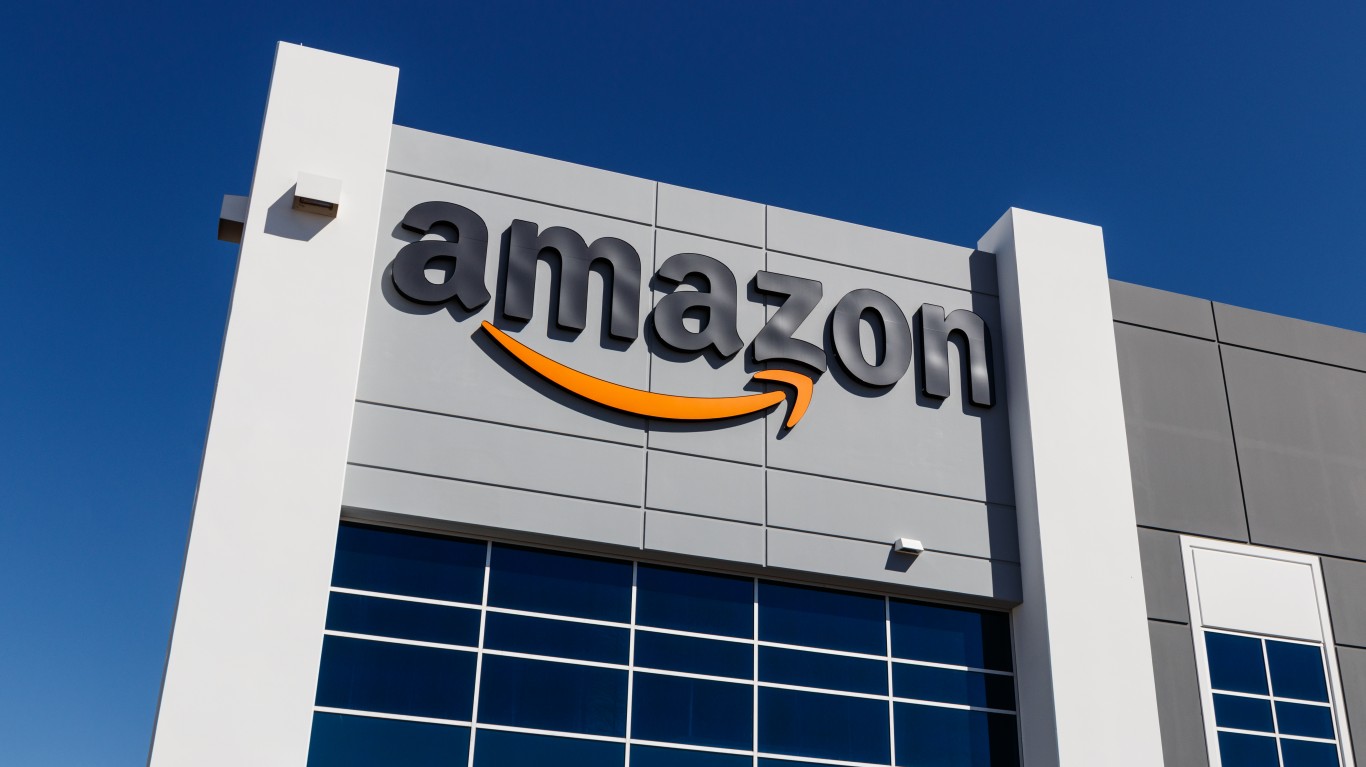 The Chesapeake Energy (NYSE: CHK) board has gone so far as to strip CEO Aubrey K. McClendon of his role as chairman. Its members say they will change McClendon’s controversial compensation plan, which gives him a stake in some of Chesapeake’s drilling enterprises. The directors have even gone so far as to suggest McClendon’s relationships with outside financial interests will be probed. But the board can no longer hide the inadequate backgrounds of its members, most of whom McClendon was key in appointing. It is time for them to be pressured into public view.
The Chesapeake Energy (NYSE: CHK) board has gone so far as to strip CEO Aubrey K. McClendon of his role as chairman. Its members say they will change McClendon’s controversial compensation plan, which gives him a stake in some of Chesapeake’s drilling enterprises. The directors have even gone so far as to suggest McClendon’s relationships with outside financial interests will be probed. But the board can no longer hide the inadequate backgrounds of its members, most of whom McClendon was key in appointing. It is time for them to be pressured into public view.
The Chesapeake board has eight members other than McClendon.
Board member Kathleen Eisbrenner was elected in December 2010. She is currently creating an organization called Next Decade. This new company will build opportunities in the integrated international liquefied natural gas industry. Eisbrenner did work for Royal Dutch Shell (NYSE: RDS-A), which makes her an industry insider. She has no qualifications to sit on a huge public company board. And her activities today are tied too closely to the industry in which Chesapeake operates.
V. Burns Hargis has been a board member since September 2008, as well as the president of Oklahoma State University since March 2008. Viewed another way, he runs an education institution inside Chesapeake’s home state.
Board member Frank Keating is a former governor of Oklahoma. Merrill A. Miller Jr. is another industry insider. He runs National Oilwell Varco (NYSE: NOV), which supplies oilfield services, equipment and components to the natural gas and oil industry. Don Nickles is a former U.S. senator from Oklahoma.
A review of the backgrounds of the Chesapeake board members shows what a joke governance is at the company. Perhaps investors got what they deserved because they did not do more to challenge the election of these members. McClendon packed the board with people who could help him, but not challenge him.
What McClendon did at Chesapeake should never have happened. A look at the board shows why it did.
Douglas A. McIntyre
Are You Still Paying With a Debit Card?
The average American spends $17,274 on debit cards a year, and it’s a HUGE mistake. First, debit cards don’t have the same fraud protections as credit cards. Once your money is gone, it’s gone. But more importantly you can actually get something back from this spending every time you swipe.
Issuers are handing out wild bonuses right now. With some you can earn up to 5% back on every purchase. That’s like getting a 5% discount on everything you buy!
Our top pick is kind of hard to imagine. Not only does it pay up to 5% back, it also includes a $200 cash back reward in the first six months, a 0% intro APR, and…. $0 annual fee. It’s quite literally free money for any one that uses a card regularly. Click here to learn more!
Flywheel Publishing has partnered with CardRatings to provide coverage of credit card products. Flywheel Publishing and CardRatings may receive a commission from card issuers.
Thank you for reading! Have some feedback for us?
Contact the 24/7 Wall St. editorial team.





